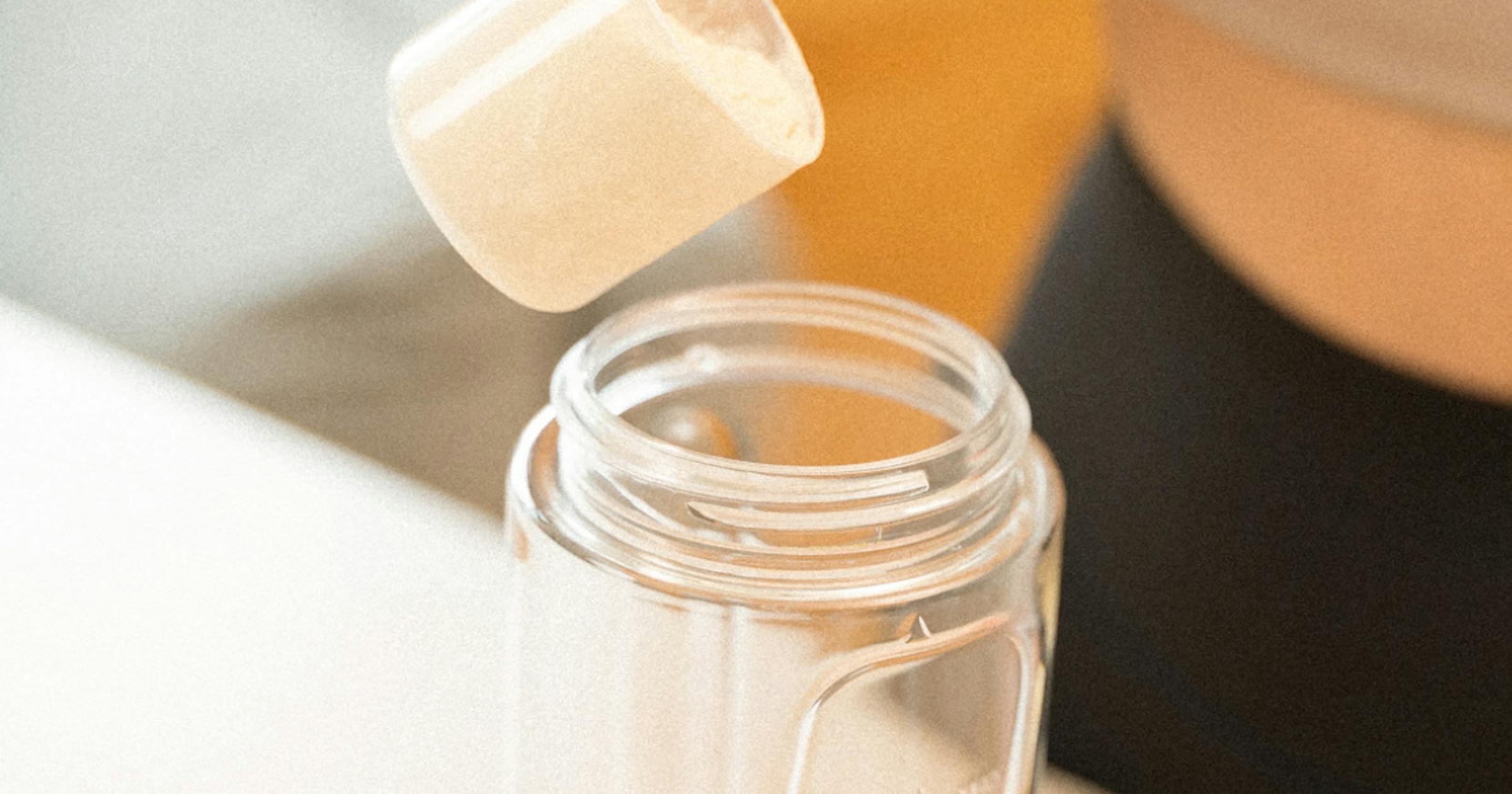
Creatine for Women: Why This “Gym Bro” Supplement is a Game Changer for Midlife Health
Creatine, long popular with bodybuilders, is gaining traction as a powerful supplement for women in perimenopause and beyond, offering benefits for muscle strength, brain function, bone health, and energy levels.
The Rising Popularity of Creatine for Women
For years, creatine was primarily associated with athletes and bodybuilders. However, a growing body of research reveals significant benefits for women, particularly during midlife. This “gym bro” supplement is now being recognized for its potential to enhance energy, strength, metabolism, and mental clarity.
Why Creatine is Especially Beneficial During Menopause
Several factors make creatine supplementation particularly important for women in midlife:
- Lower Natural Production: Women naturally produce less creatine than men (70-80% less), and production declines further during menopause.
- Reduced Dietary Intake: Women generally consume less animal protein, a primary dietary source of creatine.
- Hormonal Changes: Fluctuations in estrogen, progesterone, and testosterone can affect creatine production and utilization.
What Does Creatine Do for Women?
- Improved Muscle Strength & Endurance: Counteracts age-related muscle loss, boosts metabolism, and enhances exercise performance. Studies show combining creatine with strength training can lead to greater muscle gains.
- Bone Health Support: May help prevent bone loss associated with menopause by supporting bone cell regeneration.
- Cognitive Benefits: Supports brain health by providing energy to the brain, potentially improving memory and reducing brain fog.
- Mood Support: May positively impact mood by influencing neurotransmitter function and addressing potential creatine deficiencies linked to depression.
Debunking Common Creatine Myths
- Myth: Creatine is a steroid. Fact: Creatine is a naturally occurring amino acid compound, not a steroid.
- Myth: Creatine causes weight gain. Fact: Water retention is possible, but a standard dose (3-5 grams) is unlikely to cause significant bloating.
- Myth: Creatine is only for athletes. Fact: Creatine benefits individuals of all fitness levels.
Creatine Dosing & Safety for Women
- Recommended Dose: 3-5 grams of creatine monohydrate daily.
- Timing: Consistency is key; timing doesn’t significantly impact effectiveness.
- Safety: Generally considered safe, with minimal side effects reported in studies. Look for third-party certifications (NSF, USP) to ensure product quality.
- Who Should Avoid Creatine: Individuals with kidney failure or bipolar disorder should consult a doctor before use.
Key Takeaways
- Creatine is a safe and effective supplement with numerous benefits for women, especially during midlife.
- It supports muscle strength, bone health, brain function, and energy levels.
- Consistent daily supplementation (3-5 grams) is recommended.
- Prioritize quality by choosing third-party certified products.
